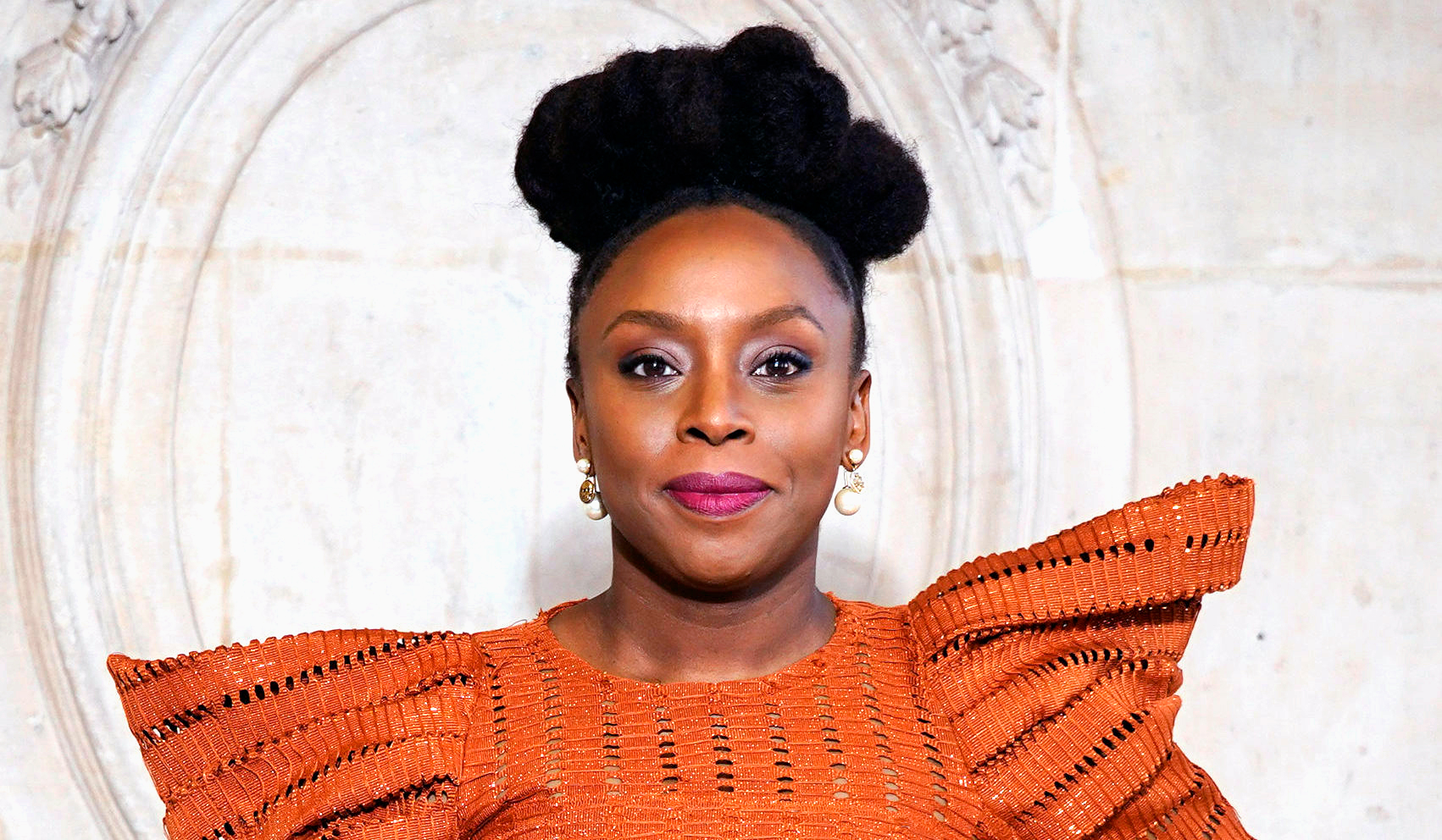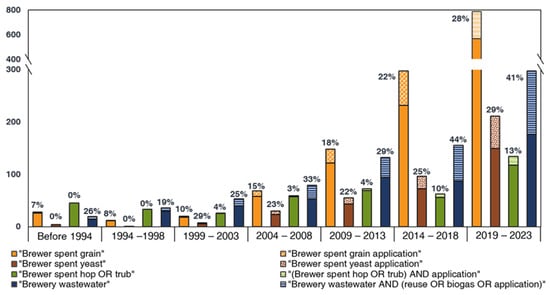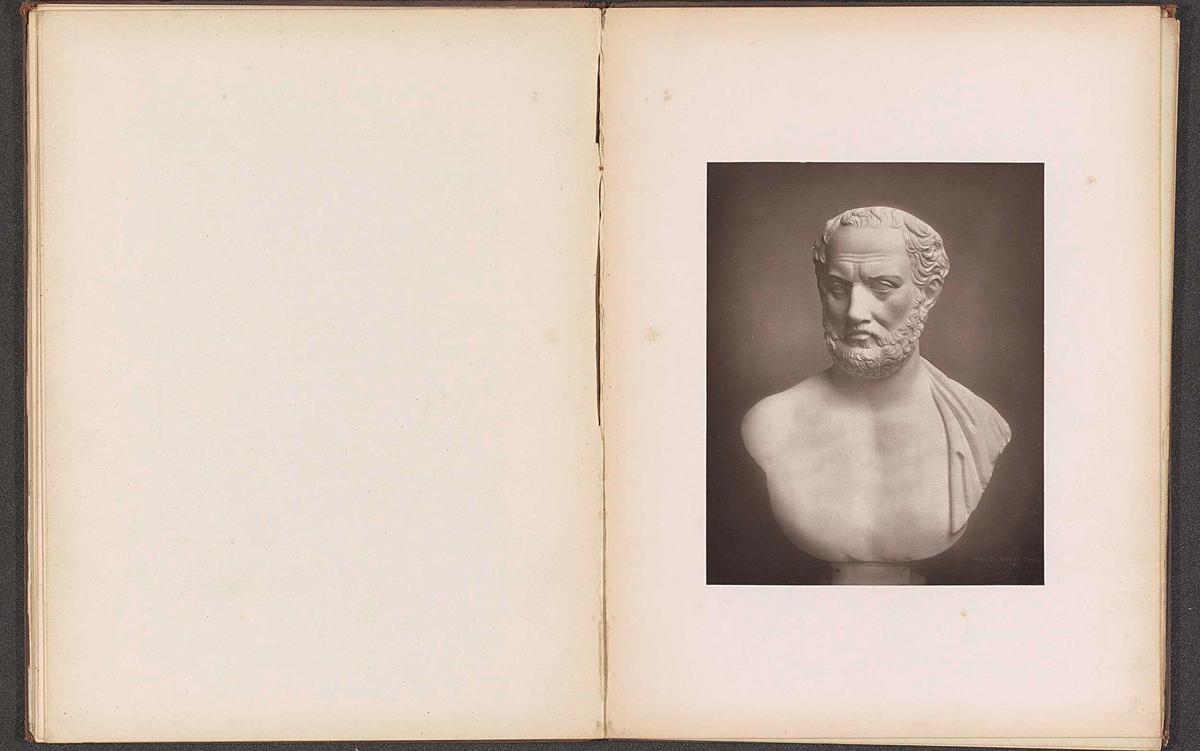
The Psychology of Money
Grace Groner was orphaned at age 12. She never married. She never had kids. She never drove a car. She lived most of her life alone in a one-bedroom house and worked her whole career as a secretary. She was, by all accounts, a lovely lady. But she lived a humble and quiet life. That made the $7 million she left to charity after her death in 2010 at age 100 all the more confusing. People who knew her asked: Where did Grace get all that money?
But there was no secret. There was no inheritance. Grace took humble savings from a meager salary and enjoyed eighty years of hands-off compounding in the stock market. That was it.
Richard Fuscone, former vice chairman of Merrill Lynch’s Latin America division, declared personal bankruptcy, fighting off foreclosure on two homes, one of which was nearly 20,000 square feet and had a $66,000 a month mortgage. Fuscone was the opposite of Grace Groner; educated at Harvard and University of Chicago, he became so successful in the investment industry that he retired in his 40s to “pursue personal and charitable interests.” But heavy borrowing and illiquid investments did him in. The same year Grace Goner left a veritable fortune to charity, Richard stood before a bankruptcy judge and declared: “I have been devastated by the financial crisis … The only source of liquidity is whatever my wife is able to sell in terms of personal furnishings.”
The purpose of these stories is not to say you should be like Grace and avoid being like Richard. It’s to point out that there is no other field where these stories are even possible.






















